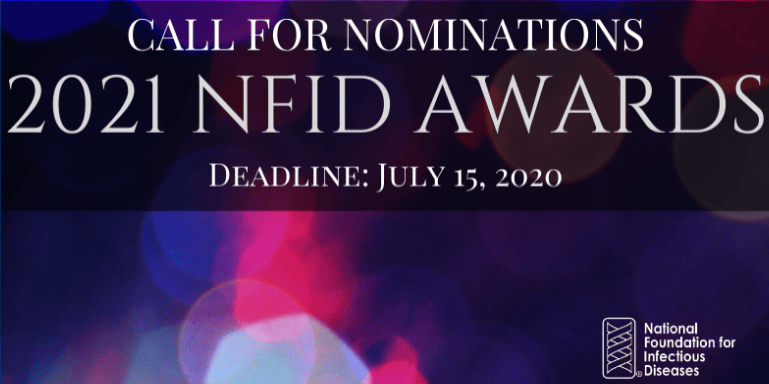
In celebration of those working tirelessly towards the vision of healthier lives for all, the National Foundation for Infectious Diseases (NFID) is honoring three infectious disease heroes who have made significant and lasting contributions to public health: Penny M. Heaton, MD, CEO and executive director of the Bill & Melinda Gates Medical Research Institute; Claire V. Broome, MD, former US assistant surgeon general and current adjunct professor of global health at the Rollins School of Public Health at Emory University; and Richard J. Whitley, MD, distinguished professor of pediatrics, microbiology, medicine, and neurosurgery and Loeb Eminent Scholar Chair in Pediatrics at the University of Alabama at Birmingham.
We recently asked the 2020 NFID awardees about the changes and challenges they have seen in the healthcare profession throughout their noteworthy careers…
2020 Jimmy and Rosalynn Carter Humanitarian Award: Penny M. Heaton, MD
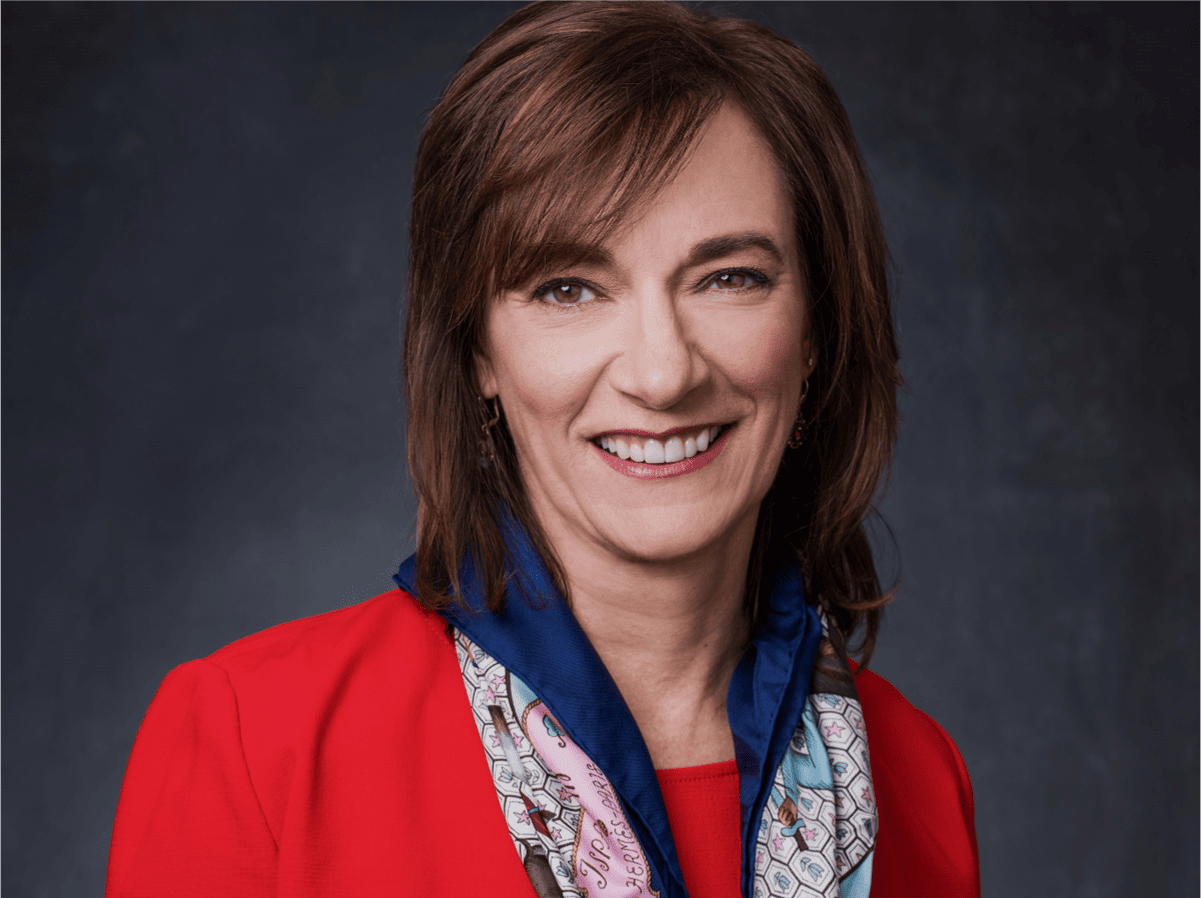 One afternoon during my senior year of medical school, the infectious diseases attending on call paged me and said, “Come to the ER. There is a child with Hib sepsis. This may be the last case you will ever see.” He was right—the year was 1990 and I didn’t see another case of Haemophilus influenzae type b sepsis until more than 20 years later—and that was in a hospital in rural India in a child who had not received the Hib vaccine. Numerous other vaccine-preventable diseases have all but disappeared during my career—“flesh-eating bacteria” associated with chickenpox, deafness from pneumococcal meningitis, and amputation of limbs from meningococcal sepsis. The number of children under 5 years of age who die each year from rotavirus gastroenteritis has been cut in half from 500,000 to 250,000 children globally.
One afternoon during my senior year of medical school, the infectious diseases attending on call paged me and said, “Come to the ER. There is a child with Hib sepsis. This may be the last case you will ever see.” He was right—the year was 1990 and I didn’t see another case of Haemophilus influenzae type b sepsis until more than 20 years later—and that was in a hospital in rural India in a child who had not received the Hib vaccine. Numerous other vaccine-preventable diseases have all but disappeared during my career—“flesh-eating bacteria” associated with chickenpox, deafness from pneumococcal meningitis, and amputation of limbs from meningococcal sepsis. The number of children under 5 years of age who die each year from rotavirus gastroenteritis has been cut in half from 500,000 to 250,000 children globally.
Now I dream…in the early 1900s, 20,000 deaths were caused by tuberculosis (TB) in the US; by 2017 the number of TB deaths in the US dropped to 520. Yet, in low- and middle-income countries, approximately 1.6 million people still die from TB each year. And in these countries, TB is a disease not of the elderly, but of young adults during the prime of their lives. Progress in rich countries is laudable and it demonstrates that public health measures are effective.
How can we make the same progress in vulnerable populations?
2020 Maxwell Finland Award for Scientific Achievement: Claire V. Broome, MD
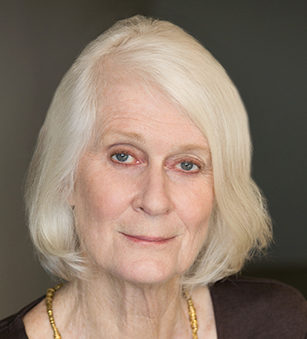 As someone whose career with the Centers for Disease Control and Prevention (CDC) began the year of the licensure of the pneumococcal polysaccharide vaccine (1977) and continues today when we have conjugate vaccines that prevent Hib, pneumococcal, and meningococcal disease in infants, I celebrate these advances in immunology and vaccinology. However, the most striking difference is the availability of funding to make these vaccines available to those who need them most—children in lower- and middle-income countries. The funding provided by the Bill & Melinda Gates Foundation, and their strategic partnerships with governments throughout the world through GAVI (the Global Alliance for Vaccines and Immunisation), has been transformative, resulting in infants throughout Africa receiving Hib and pneumococcal conjugate vaccines.
As someone whose career with the Centers for Disease Control and Prevention (CDC) began the year of the licensure of the pneumococcal polysaccharide vaccine (1977) and continues today when we have conjugate vaccines that prevent Hib, pneumococcal, and meningococcal disease in infants, I celebrate these advances in immunology and vaccinology. However, the most striking difference is the availability of funding to make these vaccines available to those who need them most—children in lower- and middle-income countries. The funding provided by the Bill & Melinda Gates Foundation, and their strategic partnerships with governments throughout the world through GAVI (the Global Alliance for Vaccines and Immunisation), has been transformative, resulting in infants throughout Africa receiving Hib and pneumococcal conjugate vaccines.
In 1985, we knew we needed a group A meningococcal conjugate vaccine to prevent devastating meningitis epidemics in sub-Saharan Africa. It was not until 2010 that the conjugate went into widespread use. It took a $70 million program from the Gates Foundation and a World Health Organization-led global collaboration to create that vaccine, with millions of doses produced by the Serum Institute of India at an affordable price for sub-Saharan Africa. Countries in the region have now conducted mass vaccination campaigns and essentially eliminated this historic scourge.
2020 John P. Utz Leadership Award: Richard J. Whitley, MD
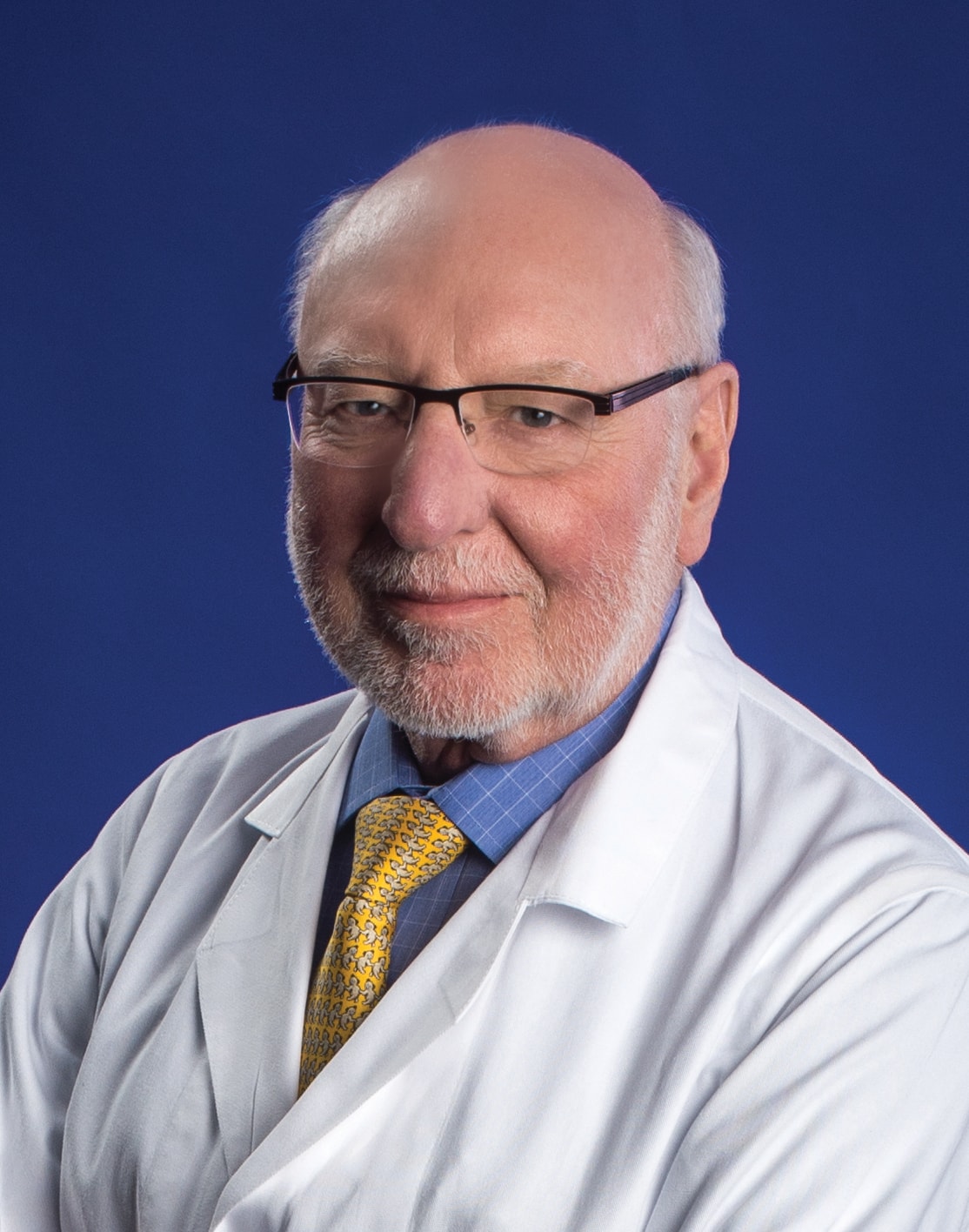 My greatest accomplishment has been creating and working with a team of people committed to excellence and, in so doing, improving the standard of care for children and adults with viral infections. The standard of care has been changed for herpes simplex encephalitis, neonatal herpes simplex virus infections, congenital cytomegalovirus infection, influenza, and shingles, among others. Such work is definitely a team effort!
My greatest accomplishment has been creating and working with a team of people committed to excellence and, in so doing, improving the standard of care for children and adults with viral infections. The standard of care has been changed for herpes simplex encephalitis, neonatal herpes simplex virus infections, congenital cytomegalovirus infection, influenza, and shingles, among others. Such work is definitely a team effort!
My career as a physician, with a focus on infectious diseases, has been a joy. I feel privileged to be a part of this profession and its evolution over the last 40 years. I have no regrets going down this path and would do it all over again. Along the way I have had wonderful patient-physician interactions, met fantastic leaders in science who remain friends, and, most importantly, worked with outstanding colleagues in my division and department.
During this pivotal moment in history—combating the spread of COVID-19—the past experiences of the 2020 awardees are especially important today. From scientific research, to developing safe and effective vaccines and treatments, to efforts to track and limit the spread of disease, to humanitarian initiatives bringing vital resources to vulnerable populations, their work helps to protect us all.Help NFID honor heroes of public health and nominate a friend, mentor, or colleague for the 2021 NFID Awards. The deadline to submit online nominations is July 15, 2020. For more information, visit www.nfid.org/awards.
Related Posts
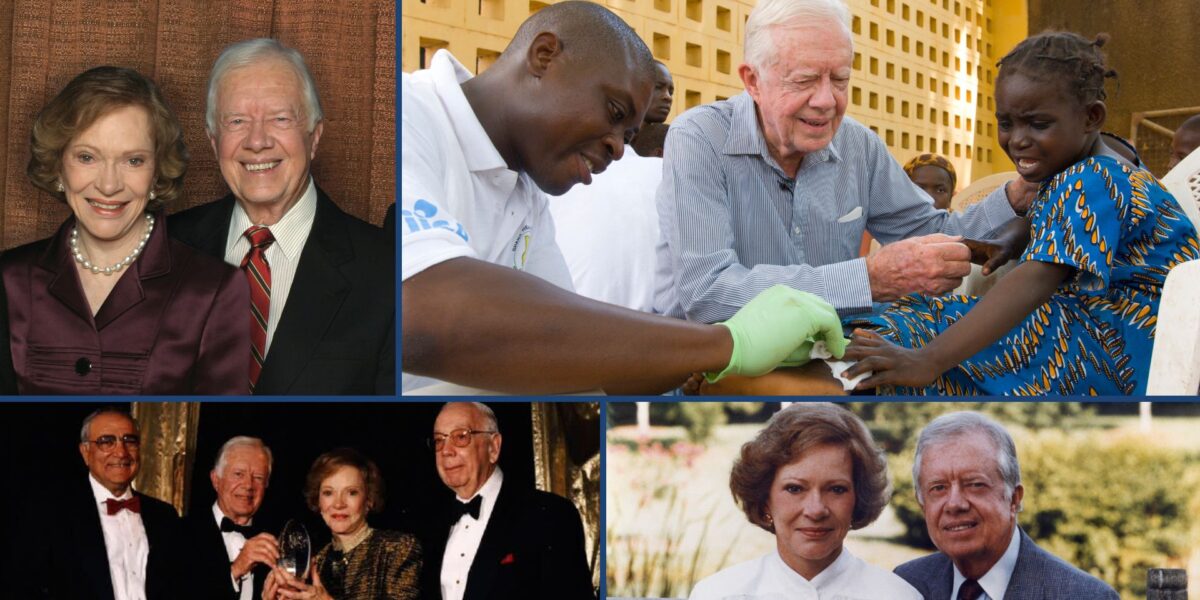
Remembering Jimmy Carter
The annual Jimmy and Rosalynn Carter Humanitarian Award honors the former president’s lifelong commitment to public service and global health

A Star-Studded Celebration of Public Health Heroes
At the 2024 Awards Gala and Silent Auction, the National Foundation for Infectious Diseases (NFID) recognized the inspiring accomplishments of 3 outstanding public health leaders: Seth F. Berkley, MD; Ighovwerha (Igho) Ofotokun, MD, MSc; and Grace M. Lee, MD, MPH …

Insights from Inspiring Public Health Heroes
Recipients of the prestigious 2024 NFID awards share their inspiring insights on the NFID podcast, Infectious IDeas …
